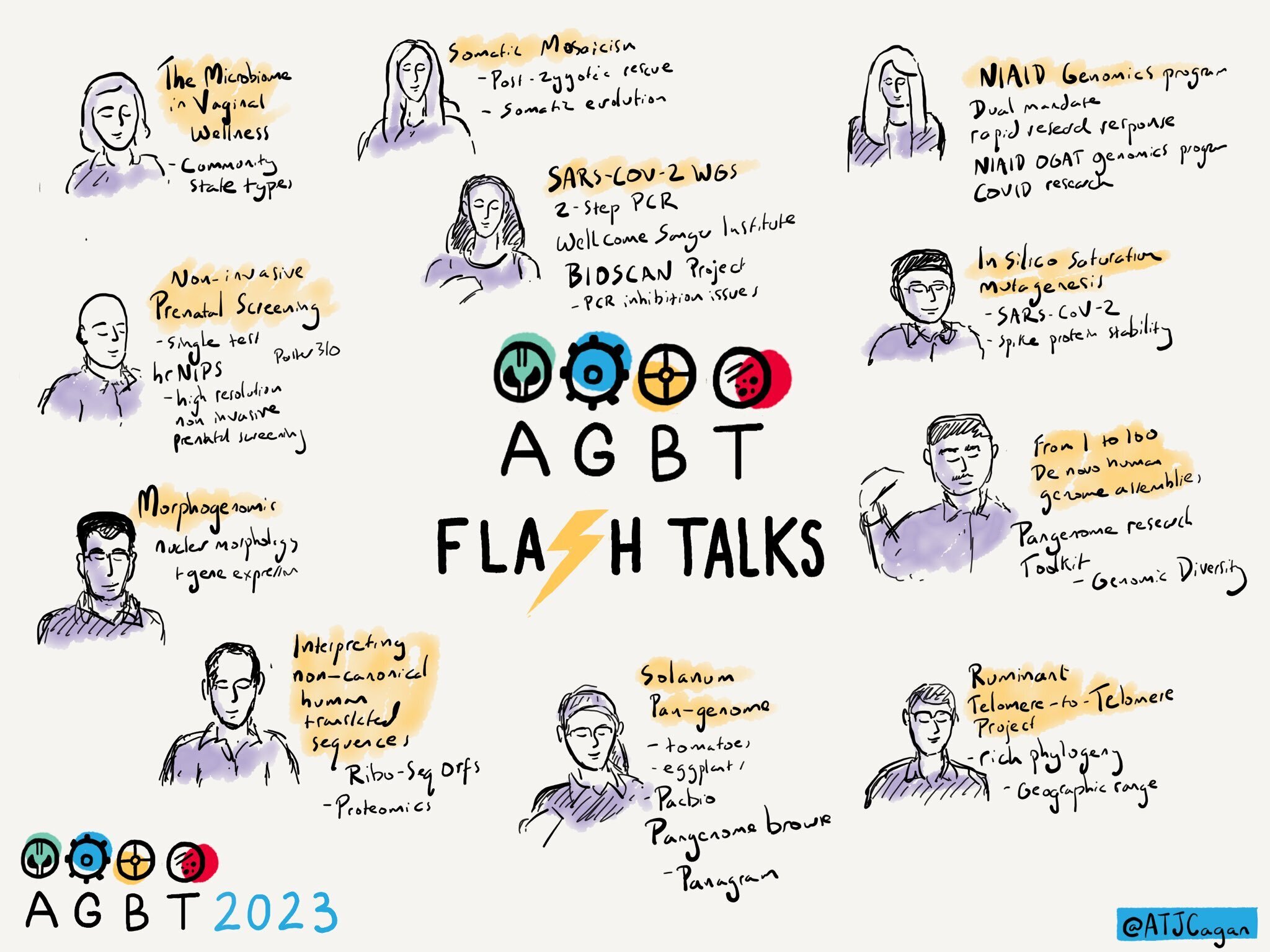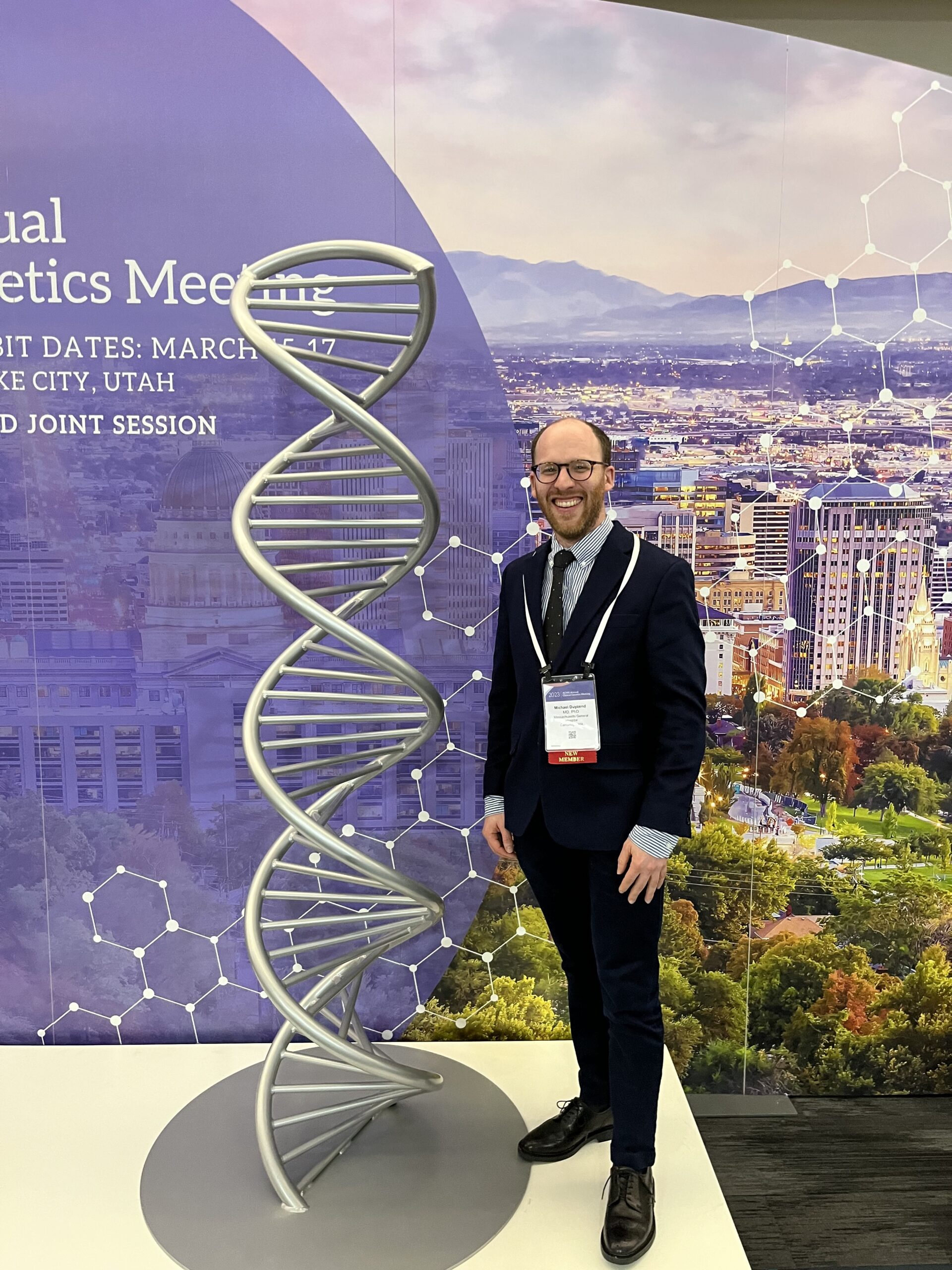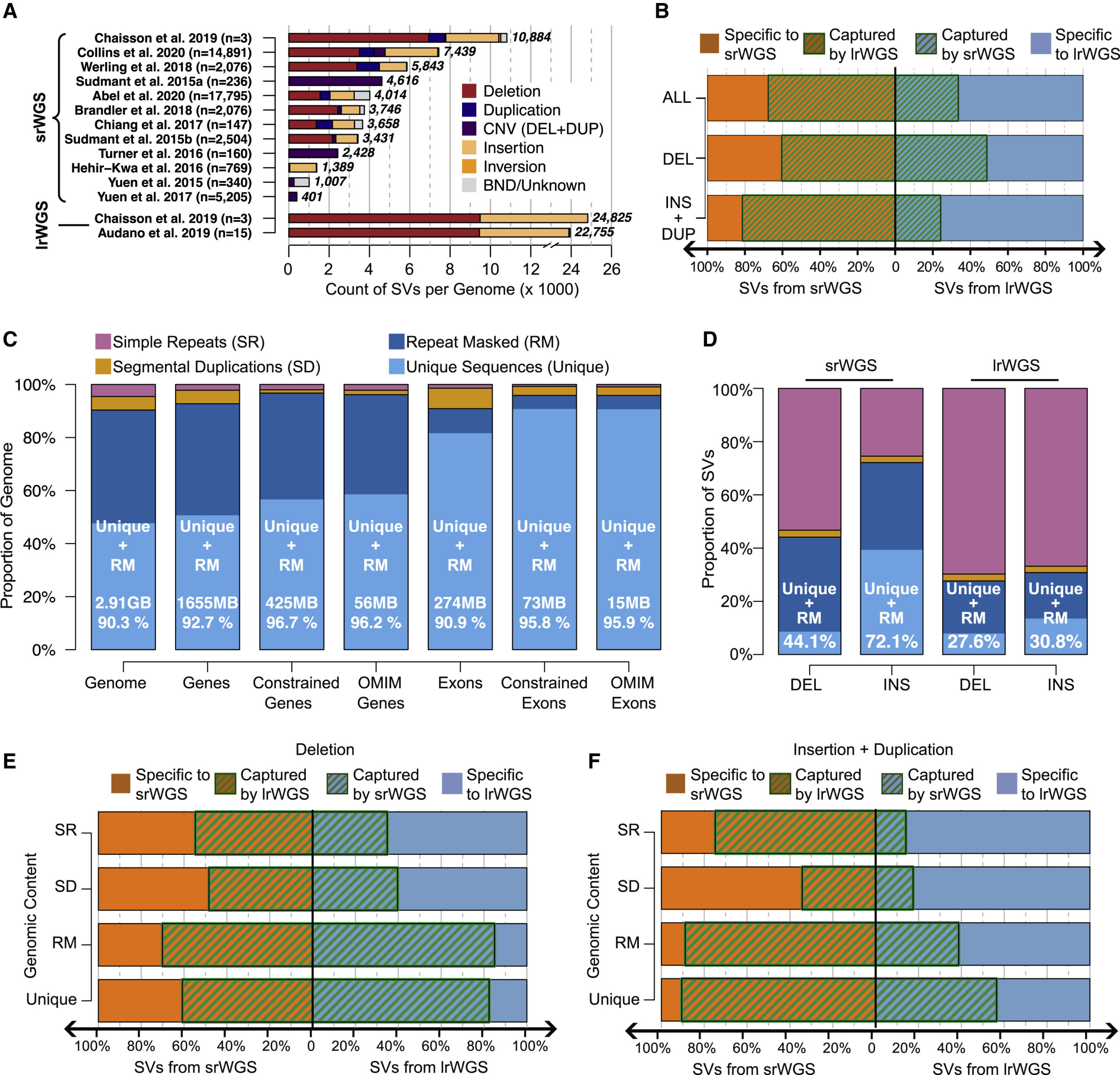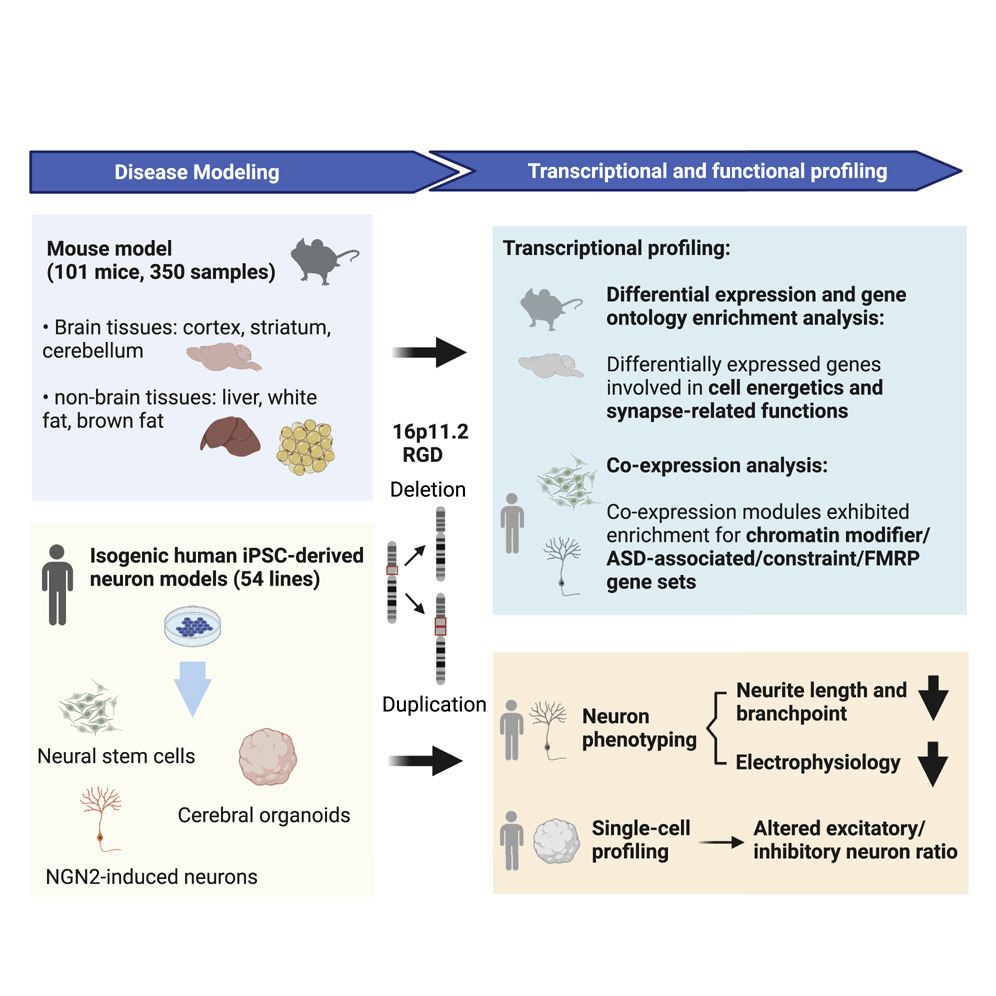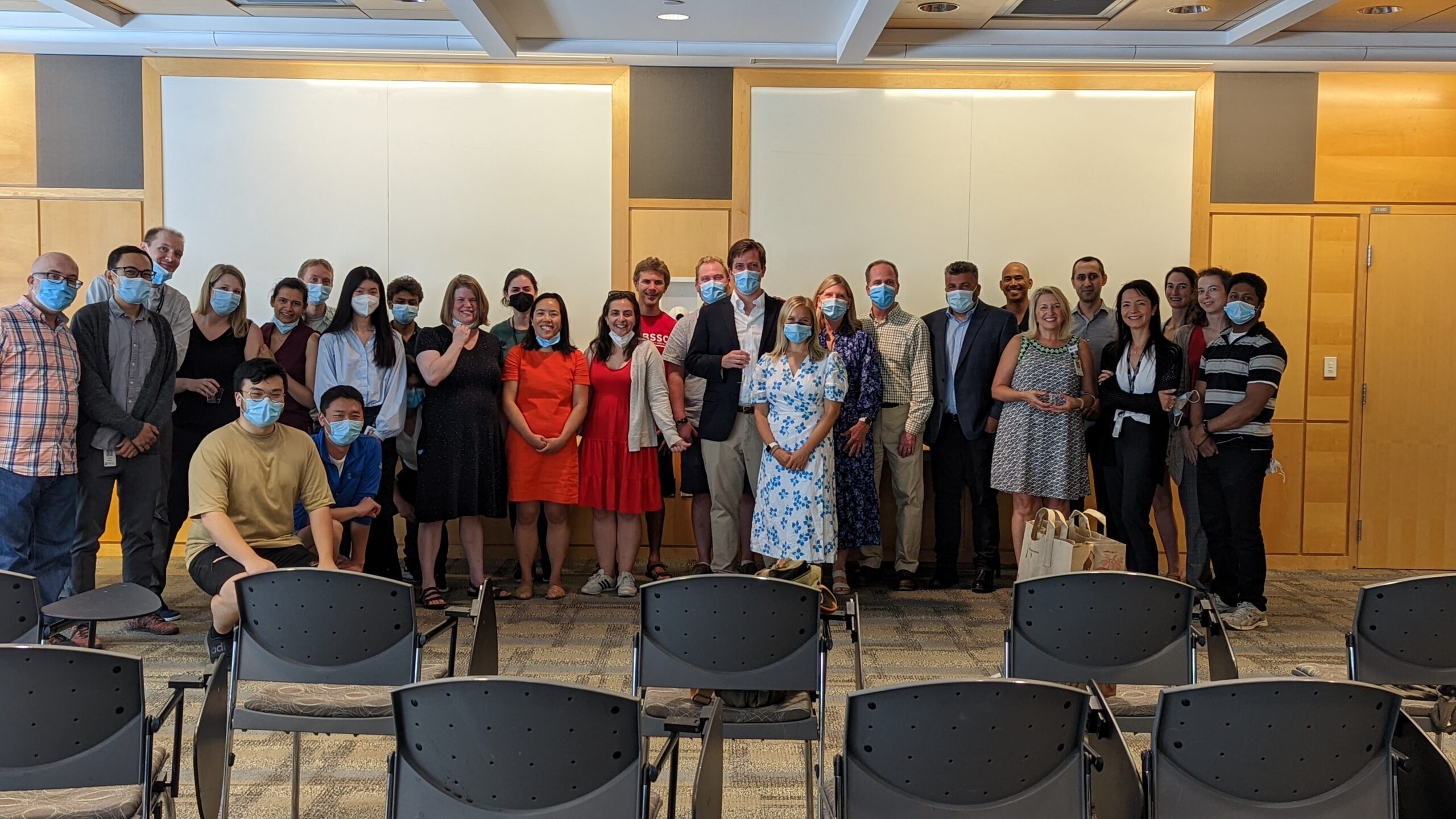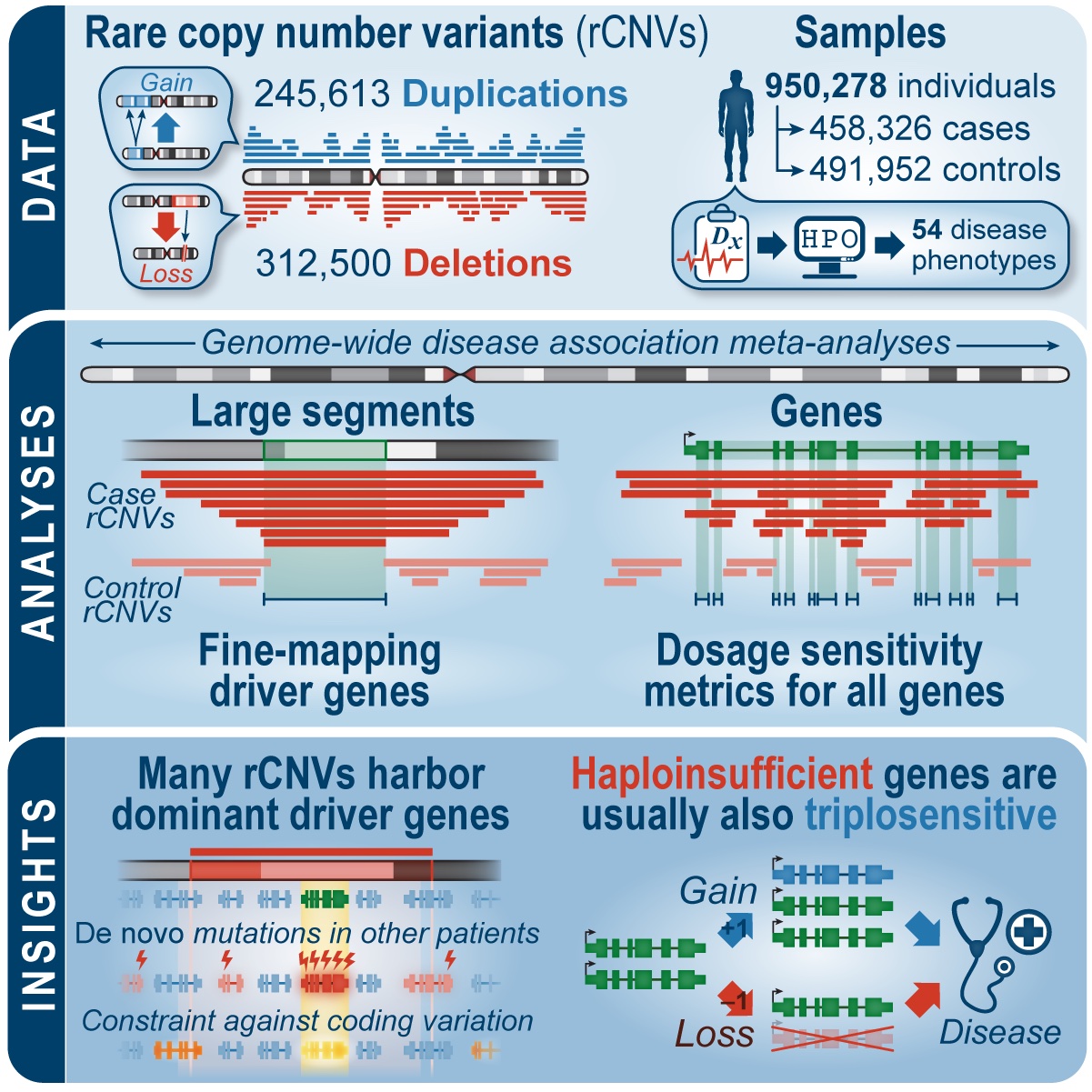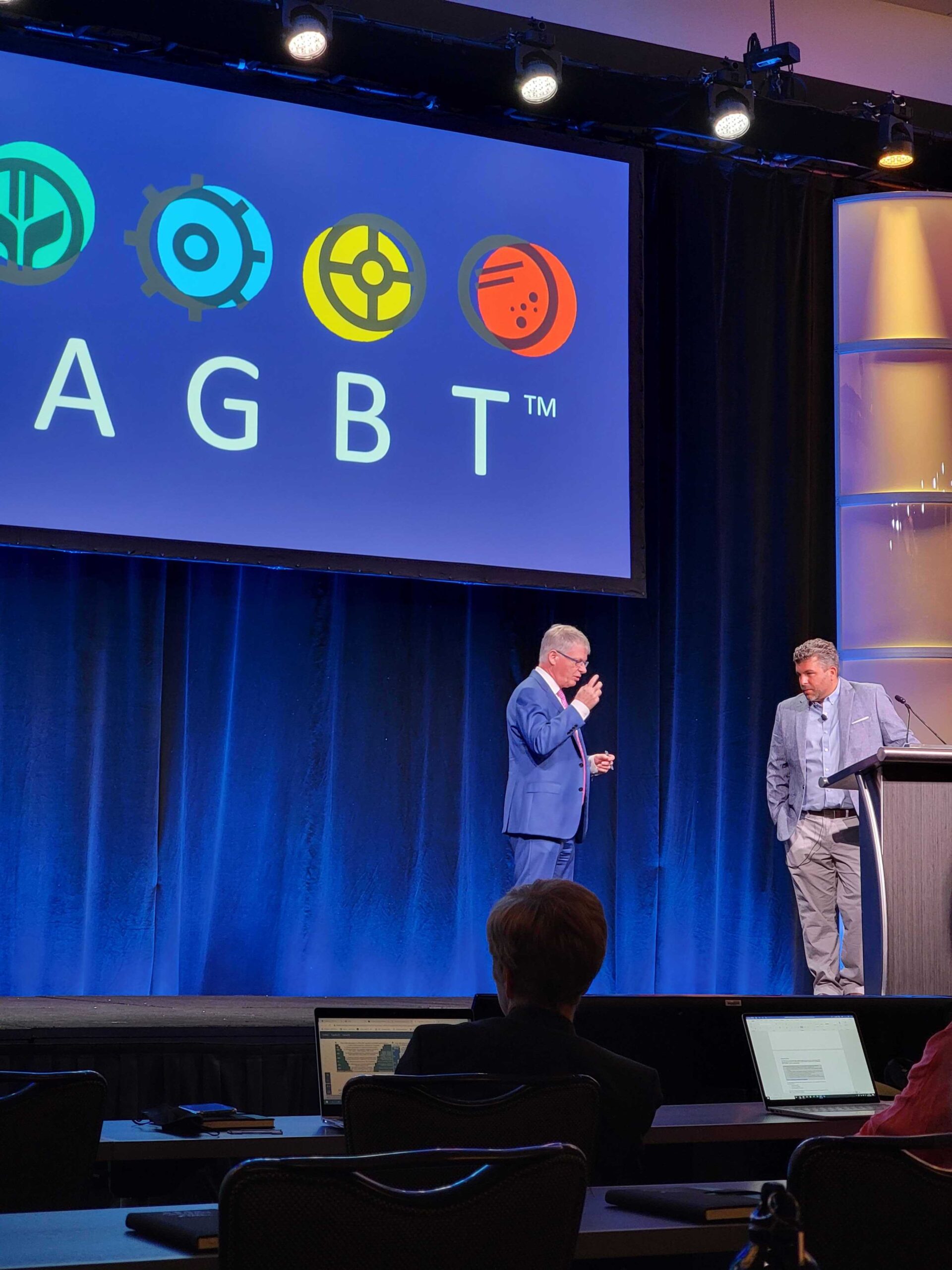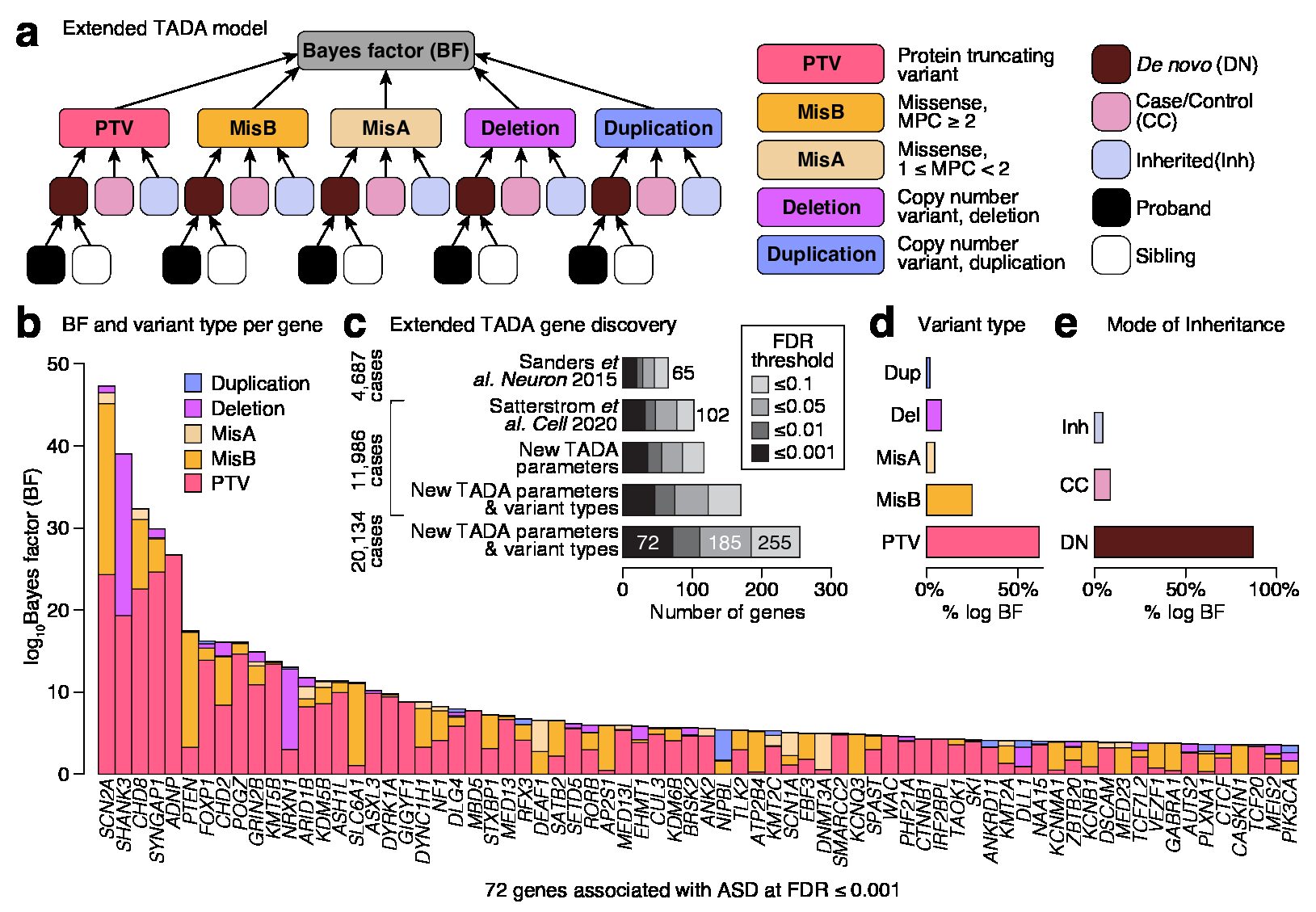Convergent coexpression of autism-associated genes suggests some novel risk genes may not be detectable in large-scale genetic studies
Autism spectrum disorder (ASD) is a developmental disorder that affects social interactions and communication. Scientists have discovered that changes in the function of certain proteins due to genetic variations can contribute to the risk of developing ASD. However, understanding how all these genes work together has been challenging. In this study, we analyzed samples from [...]


